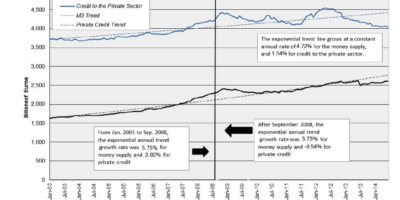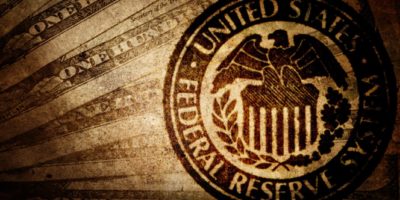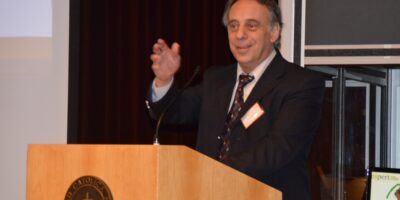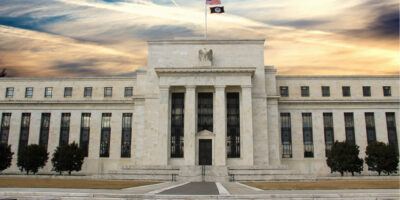
Before we delve into the economic prospects for 2016, let’s take a look at the economies in the Americas, Asia, Europe and the Middle East/Africa to see how they fared in the 2014-15 period. A clear metric for doing this is the misery index. For any co …
READ MORE
Many people define sound money as being when a currency’s purchasing power is not declining, but stable. This isn’t quite right, so let’s drill down. Consider two relentless processes occurring in the economy. They are both happening at all times, but …
READ MORE
Many economists who have broadly free market views on money are sympathetic to the Austrian theory of the business cycle (ABCT). As developed in the early part of the 20th century by Ludwig von Mises and Friedrich Hayek, and further refined in recent …
READ MORE
These are likely the most difficult lines that I have had to write in a very long time, if not ever. Juan Carlos Cachanosky, my dad, passed prematurely on December 31st, 2015, at the young age of 62. Frank Sinatra was probably his favorite singer, and …
READ MORE
In this post I want to briefly comment on three points raised by J. B. Taylor, George Selgin, and Scott Sumner. Though these points have been raised before in the literature, they are certainly worth reviewing. J. B. Taylor delivered his lecture on the …
READ MORE
The purchasing power of money over time depends on its relative abundance or scarcity. People choose to hold money balances for a variety of reasons, all of which economists lump together as “the demand for money.” It is crucially important that this i …
READ MORE
When teaching undergraduates or talking with non-economists, I usually argue that, while the Fed can affect aggregate demand (or nominal spending), it has no effect whatsoever on aggregate supply. If economic output declines because productivity growth …
READ MORE
Supposing we decide a formal monetary constitution is a good idea, what properties should it have? What essential features of money must a monetary constitution safeguard? Again referencing James Buchanan, we know that money has properties that rende …
READ MORE
Milton Friedman famously declared that inflation is always and everywhere a monetary phenomenon. While that no doubt remains a universal principle, it is not the same (as some people think) that inflation is a central bank phenomenon. Certainly, befo …
READ MORE
This article appeared in the December 2015 issue of Globe Asia. By Professor Steve H. Hanke Money matters — it’s one of Milton Friedman’s maxims that I repeat often in my columns. Since the Northern Rock bank run of 2007 — the “opening shot” of the fi …
READ MORE
In this post I would like to briefly comment on three points raised by J. B. Taylor, George Selgin, and Scott Sumner. Though these points have been raised before, they are worth reviewing. B. Taylor delivered his lecture on the challenges of monetary p …
READ MORE
I was pleased to see David Henderson call out Bill Poole for claiming the Fed sets the federal funds rate. It doesn’t, of course. Welcome to the Wicksell Club, David! We don’t have ties or t-shirts. But our common cause is worthwhile. Many of my econom …
READ MORE250 Division Street | PO Box 1000
Great Barrington, MA 01230-1000
Press and other media outlets contact
888-528-1216
press@aier.org
This work is licensed under a
Creative Commons Attribution 4.0 International License,
except where copyright is otherwise reserved.
© 2021 American Institute for Economic Research
Privacy Policy
AIER is a 501(c)(3) Nonprofit
registered in the US under EIN: 04-2121305